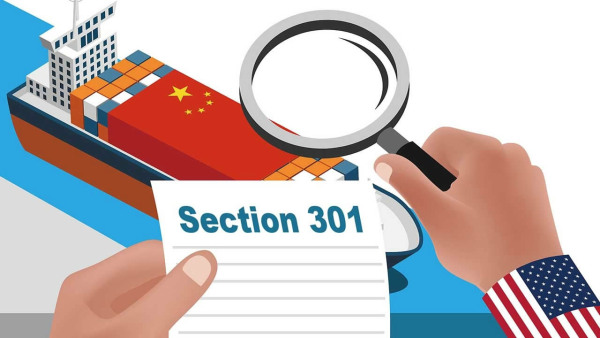Under the Uyghur Forced Labor Prevention Act (“UFLPA”), effective June 21, 2022, a rebuttable presumption of “forced labor” will apply to goods that are produced, wholly or in part in the Xinjiang Uyghur Autonomous Region (“XUAR”) of China or by an entity identified as being associated with XUAR labor. GDLSK’s summary of the UFLPA can be accessed here.
Also by June 21st, a multi-agency Forced Labor Enforcement Task Force is to develop an enforcement strategy and provide guidance to importers regarding required due diligence and documentation. We will provide further information on this guidance once issued.
In the interim, we provide the following highlights based on information and statements recently provided by CBP:
- Increased enforcement in the area of forced labor is forthcoming. CBP is staffing up to meet this plan.
- The concept of “wholly or in part” encompasses instances in which inputs are made in XUAR. As such, finished goods produced even outside of China from such inputs are subject to detention.
- Also subject to detention are goods from entities identified as working with the XUAR government to recruit, transport, transfer, harbor or receive forced labor or members of persecuted groups out of the XUAR.
- The UFLPA requires that a list of high-priority sectors be developed and such list must include, at a minimum, cotton, tomatoes, and polysilicon.
- Goods will only be released if the CBP Commissioner determines: a) that the importer has fully complied with the guidance established by CBP and has completely responded to all CBP inquiries; and, b) by clear and convincing evidence, that the goods were not produced, or manufactured, wholly or in part, by forced labor. Any decision to release goods detained under suspicion of having been made with forced labor must be reported to Congress.
- The degree of evidence and documentation required to obtain release of goods detained under the UFLPA will be higher than that currently required in connection with goods detained under a Withhold Release Order (WRO).
- Under the UFLPA, the period for submitting supporting documentation will be thirty days (which can be extended) instead of the three months associated with WRO’s.
- When the forced labor presumption is not rebutted, the importer may export the goods (barring an affirmative finding of forced labor).
- CBP has been sending out “Known Importer” letters to companies believed to have imported from locations or entities potentially subject to the UFLPA. Such letters indicate that CBP will take into account the notification provided therein in connection with future administrative actions (including seizure, forfeiture, penalties and suspension or removal from the C-TPAT program).
In light of the impending effective date of the heightened requirements under the UFLPA, it is incumbent upon importers to develop a program to identify forced labor within their supply chains (or revisit existing programs). As part of such a program, importers should map each tier of their supply chains, conduct due diligence with respect to such chains to identify potential areas of concern and ensure that supply chain partners can timely provide supporting documentation. We are able to assist in these areas.
Please contact Arthur Bodek or any other GDLSK attorney with questions or to discuss further.




